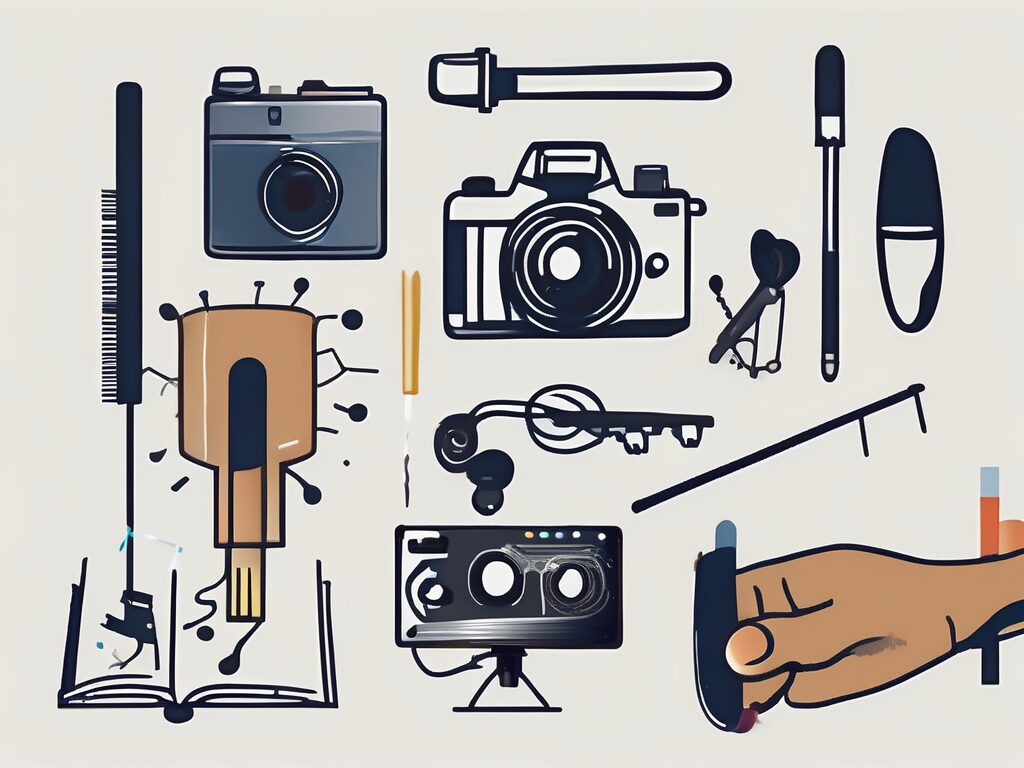In the fast-paced, technology-driven world of today, the arts and humanities often get sidelined. Yet, these disciplines hold the key to unlocking our creative potential, nurturing our ability to think critically, and fostering empathy. In Hong Kong, the Postgraduate Certificate in Education (PGCE) is a gateway to exploring the arts and humanities in innovative and engaging ways. Let’s delve into four cutting-edge approaches that are revolutionising the way we perceive and interact with these fields.
1. Interdisciplinary Learning
Interdisciplinary learning is a revolutionary approach that breaks down the barriers between different academic disciplines. It encourages students to make connections between ideas and concepts across different subject areas, fostering a holistic understanding of the world.
In the context of arts and humanities, this could mean exploring the intersection between literature and history, or between visual arts and sociology. For example, a PGCE student might study the impact of historical events on artistic movements, or how societal issues are reflected in visual arts.
Interdisciplinary learning not only enriches our understanding of the arts and humanities but also equips us with the ability to see the bigger picture, a skill that is invaluable in today’s complex and interconnected world.
2. Digital Humanities
As the digital revolution continues to transform every aspect of our lives, the humanities are not immune. Enter digital humanities, a field that leverages technology to explore and interpret the human experience in new and exciting ways.
From digital archiving and data analysis to virtual reality and interactive storytelling, digital humanities offer a myriad of tools to enhance our engagement with the arts and humanities. In a PGCE programme, you might use digital mapping to trace the evolution of a literary genre or employ data visualisation to analyse patterns in historical events.
By marrying the humanities with technology, digital humanities not only make these disciplines more accessible and engaging but also open up new avenues for research and interpretation.
3. Experiential Learning
Experiential learning is a hands-on approach that emphasises learning through experience. It’s about stepping out of the traditional classroom and into the real world, where learning comes alive.
In the realm of arts and humanities, experiential learning can take many forms. You might visit a museum to analyse artworks first-hand, participate in a theatre production to understand the intricacies of performance, or engage in fieldwork to study cultural phenomena in their natural context.
Experiential learning not only brings the arts and humanities to life but also fosters a deeper, more personal connection with these disciplines. It’s about learning by doing, and in doing, truly understanding.
4. Critical Pedagogy
Critical pedagogy is an approach that views education as a tool for social change. It encourages students to question and challenge the status quo, fostering critical thinking and empowering them to become active participants in society.
In arts and humanities, critical pedagogy might involve analysing a piece of literature from different perspectives, questioning the representation of gender in a film, or critiquing the power dynamics in a historical event. It’s about not taking things at face value, but digging deeper to uncover hidden meanings and biases.
By fostering critical thinking, critical pedagogy not only enriches our understanding of the arts and humanities but also equips us with the ability to question, analyse, and challenge – skills that are crucial in today’s world.
In conclusion, these four cutting-edge approaches – interdisciplinary learning, digital humanities, experiential learning, and critical pedagogy – are transforming the way we engage with the arts and humanities in Hong Kong. They are making these disciplines more relevant, engaging, and impactful, unlocking our creative potential and empowering us to see the world in new and exciting ways. So, if you’re considering a PGCE, why not explore the arts and humanities? You might be surprised by what you discover.
Transform Your Teaching Career with iQTS
As you seek to unlock your creative potential and revolutionize your approach to arts and humanities education, consider the next step in your professional journey with The IQTS at UWE. The International Qualified Teacher Status (iQTS) programme is designed to elevate your teaching credentials, ensuring you meet and surpass the stringent qualification requirements of international schools. Embrace the opportunity to boost your career progression, connect with a global community of educators, and gain a comprehensive understanding of international curricula. With flexible online study options, the iQTS programme fits seamlessly into your busy schedule, empowering you to balance professional development with your current commitments. Make Your Next Step towards a more fulfilling teaching career and a brighter future in education.

